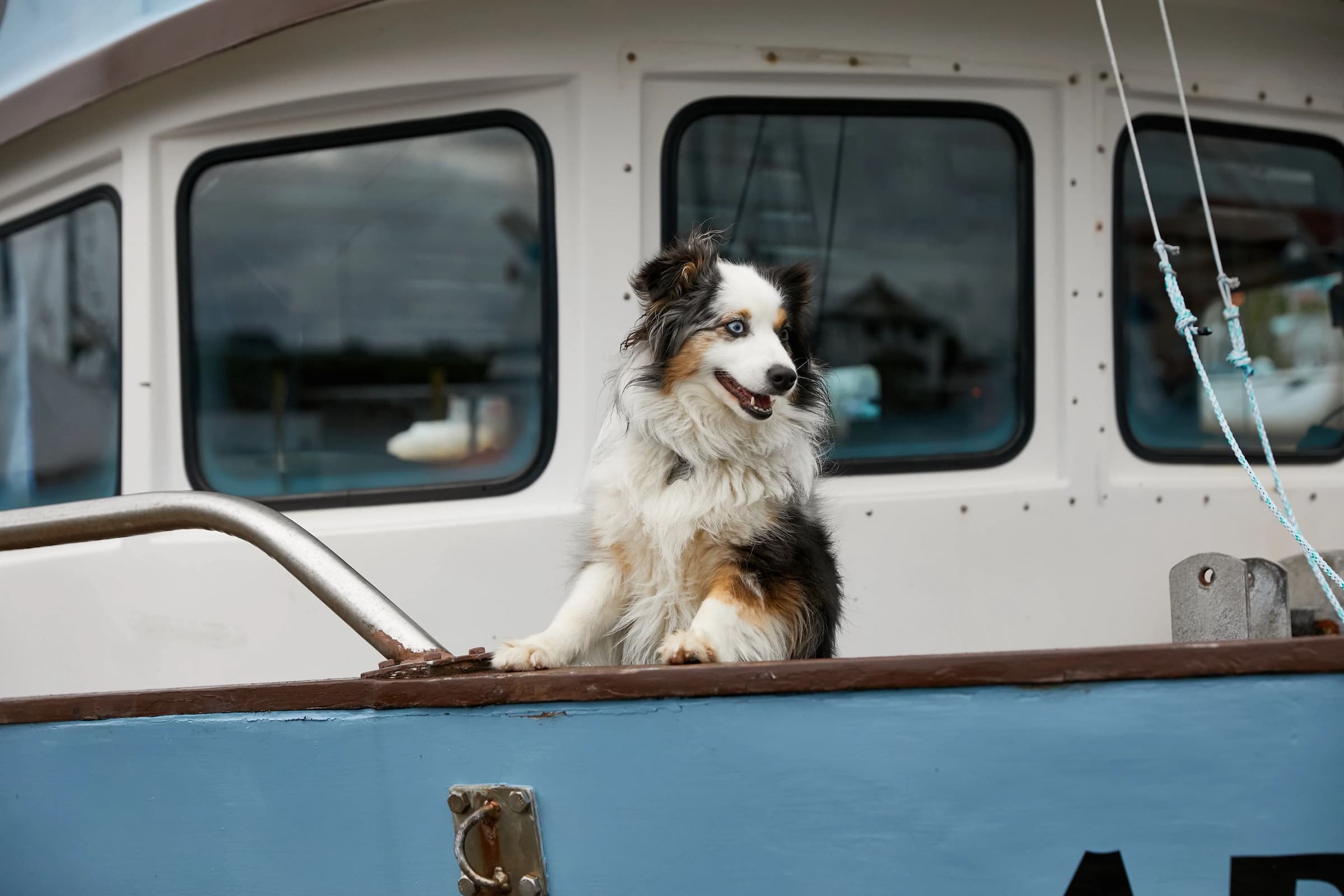A Subsistence Lifestyle
Fisherman Jeff Farvour doesn’t care for the spotlight. He doesn’t have a social media account and is just as happy having his dog and fishing companion, Artemis, get all the attention. “Because I’m a commercial fisherman that primarily hook-and-line trolls for salmon, I’ve been social distancing since before it was the thing to do,” Jeff quipped at the beginning of the pandemic in 2020.
All joking aside, Jeff is one of the most engaged commercial fishermen in Southeast Alaska. Although you won’t find him on Facebook, he has cultivated a deep network of fishermen, scientists, and policy makers since becoming a commercial fisherman in 1989.
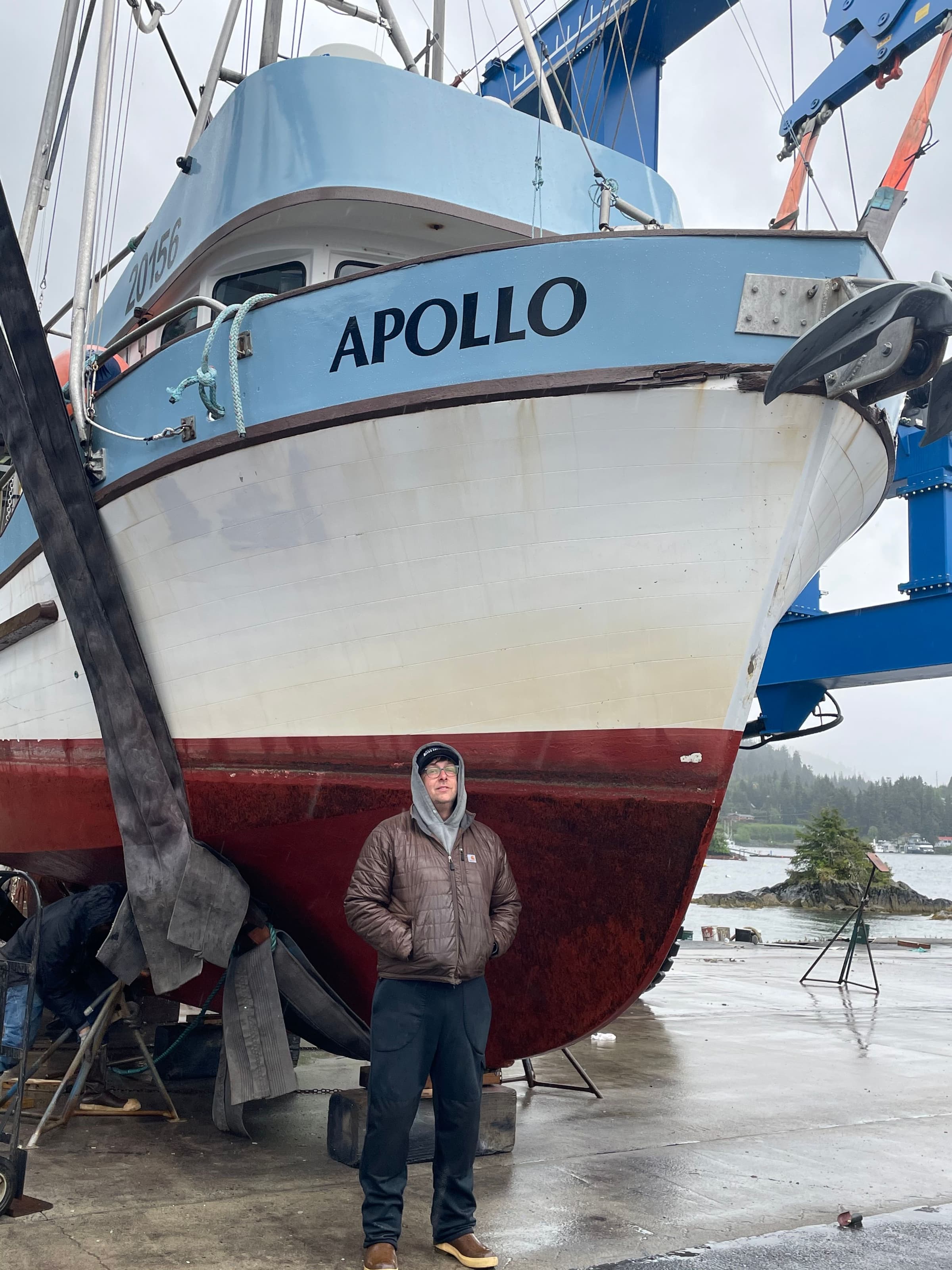
Jeff served eight years on the North Pacific Fishery Management Council’s Advisory Panel and he's the vice president of the Alaska Longline Fishermen’s Association. When he isn’t trolling for salmon or long-lining for halibut, he pores over the minutes or attends the meetings of the International Pacific Halibut Commission, the North Pacific Fishery Management Council, the Alaska Board of Fisheries and other forums to protect small-boat, community-based fisheries. He will casually cite the latest studies and reports on salmon populations published by the North Pacific Anadromous Fish Commission mid-sentence.
“Wintertime is the big meeting time,” Jeff says. “This is when all the decisions are made by all those folks who, with fisherman’s input, design our fisheries, and it’s really exciting, intense, and really busy.”
This is unglamourous work, but Jeff says it’s critical to maintaining a vibrant small-boat, commercial fishing industry.
There are only so many fish in the sea we can catch sustainably, and without the advocacy of fishermen like Jeff, the share allocated to small-boat fishermen would dwindle. “If we’re not advocates, we’d have been done a long time ago. We would have been put out of business by competing interests,” Jeff says.
Jeff understands all the other interests lining up for a shot at the resources needed to stay in business. Sport fishermen and large-boat trawlers all battle for allocation of a finite supply of fish. Small-boat fishermen also have to fight over limited space on land as well. “Our working waterfront would be condos and cruise ships” without the vigilance of fishermen.”And that’s actually happening in Sitka,” Jeff says. “So unless you’re an advocate, you lose your working waterfront, you lose your fish, you lose everything.”
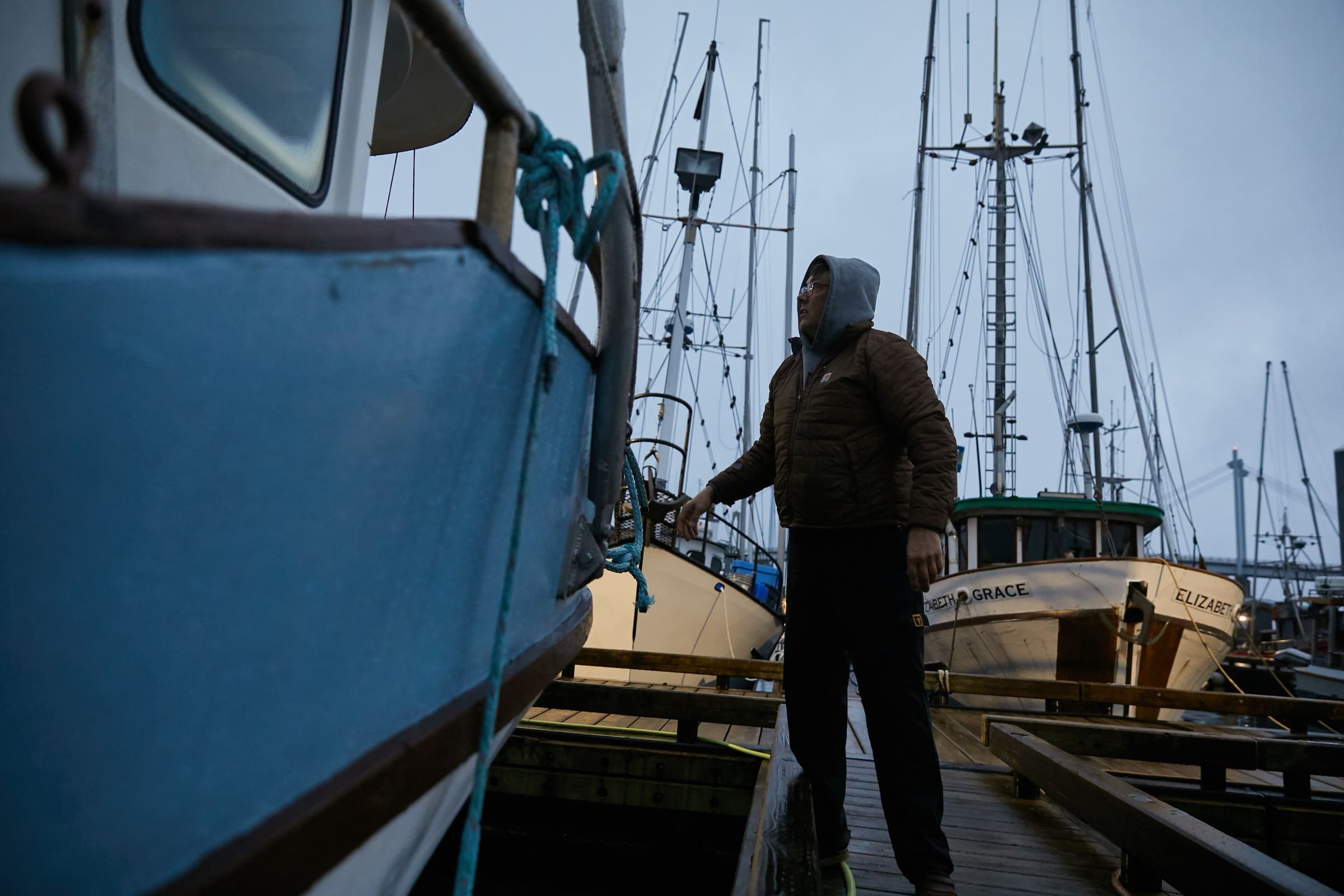
Subsistence in Sitka, Alaska
“All of my protein comes from the land and sea here,” Jeff says. “I don’t buy any at the store and I want to keep it that way.” During the spring and summer, Jeff is focused on finding and catching as many fish as is sustainably possible to maintain his business and way of life.
Each year in the state of Alaska, residents participate in harvesting a share of wild fish and game for “customary and traditional use.” From this, commercial fishermen like Jeff take a share of their own catch for personal use, what is called a “home pack.” Jeff certainly gets his fill of wild seafood, but says he is always looking to the land during the height of salmon season in the summer. “I can't wait till the summer portion of the season is over to go deer hunting and getting up in the alpine,” Jeff says. “To spend a few days up in the alpine … that’s probably one of the most magical, dreamy things that we fantasize about while fishing.”
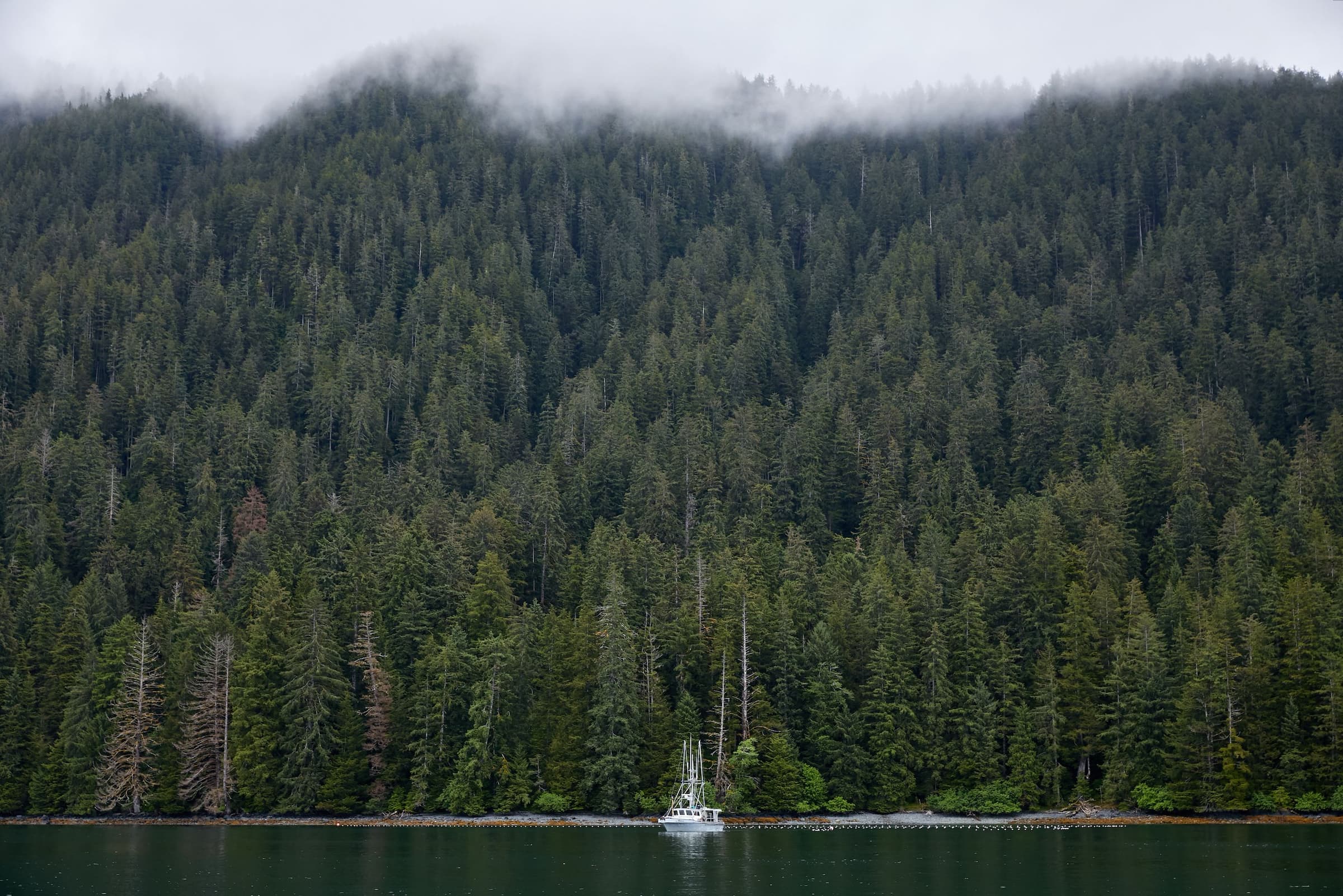
Jeff also freedives during the winter to round out his subsistence activities. Diving during a winter in Alaska may sound extreme, but Jeff explains how technology makes it easy. “Once you get a good wet suit, like a spear-diving suit, it's pretty darn comfortable.” These subsistence activities draw Jeff closer to his community. He dives with friends and shares his bounty with neighbors. “I eat about three deer a year and I give a little away and share it with my crew in the summer,” Jeff says. “I have a quality subsistence lifestyle and I want to live in a community where I can do that and contribute to that community.”
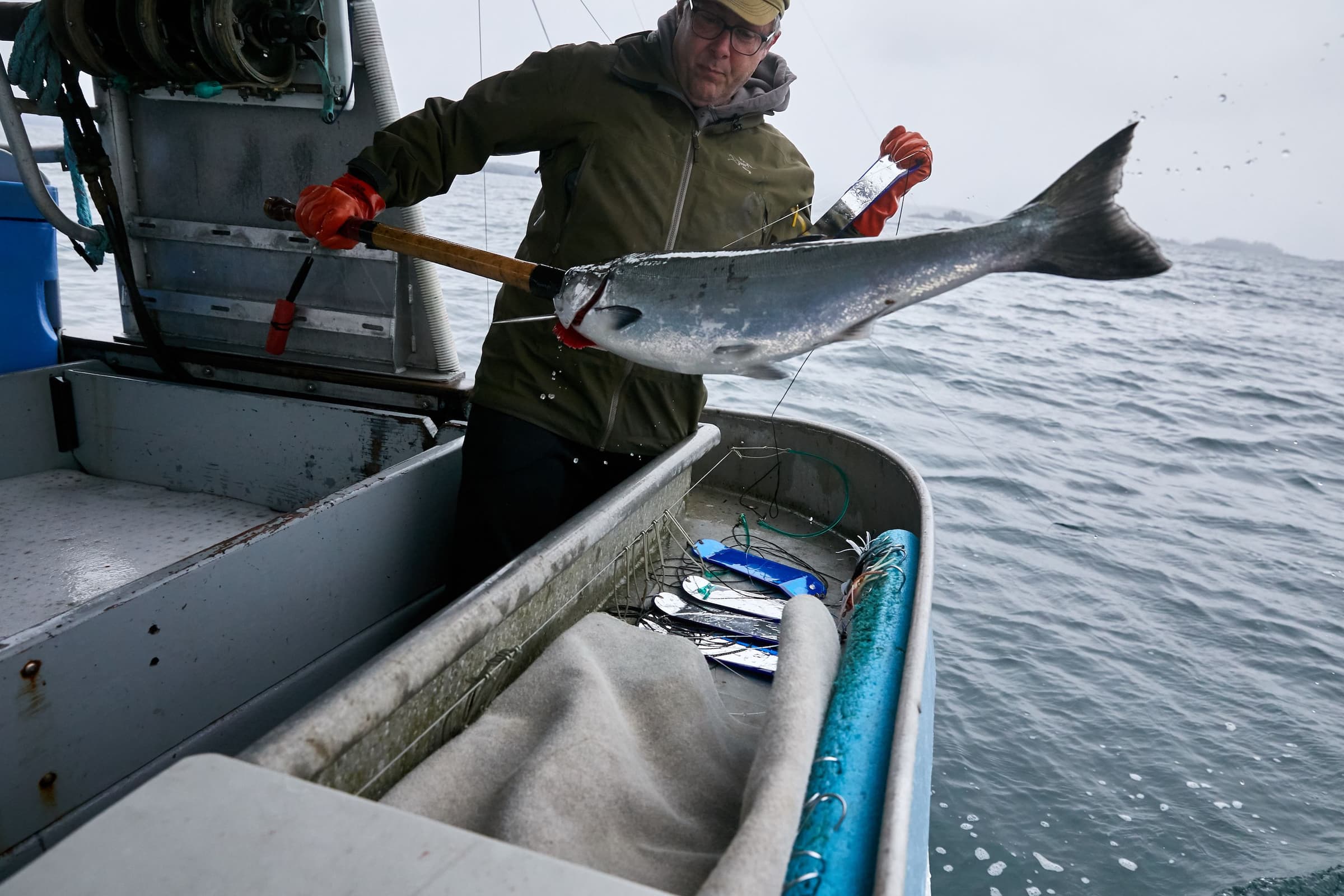
Building a Better Seafood System
Jeff’s story illustrates why shoreline communities throughout Alaska share a common fate with small-boat fishermen. Fishing and hunting connect Jeff to the land and sea as well as his community. That connection represents a form of knowledge necessary to the future survival of wild animals and the communities who rely on them.
“At the end of the day, I want stability and resiliency for my fishing community.”
No one wants to pay more for food, but Jeff’s story reminds us that a better seafood system requires a lot of work that hasn’t traditionally been captured in the price you pay at checkout. “At the end of the day, I want stability and resiliency for my fishing community,” Jeff says. “That’s the number one goal, and how we do it is critical. It’s got to be done in a proven way that is respectful to the other components in the community.”
